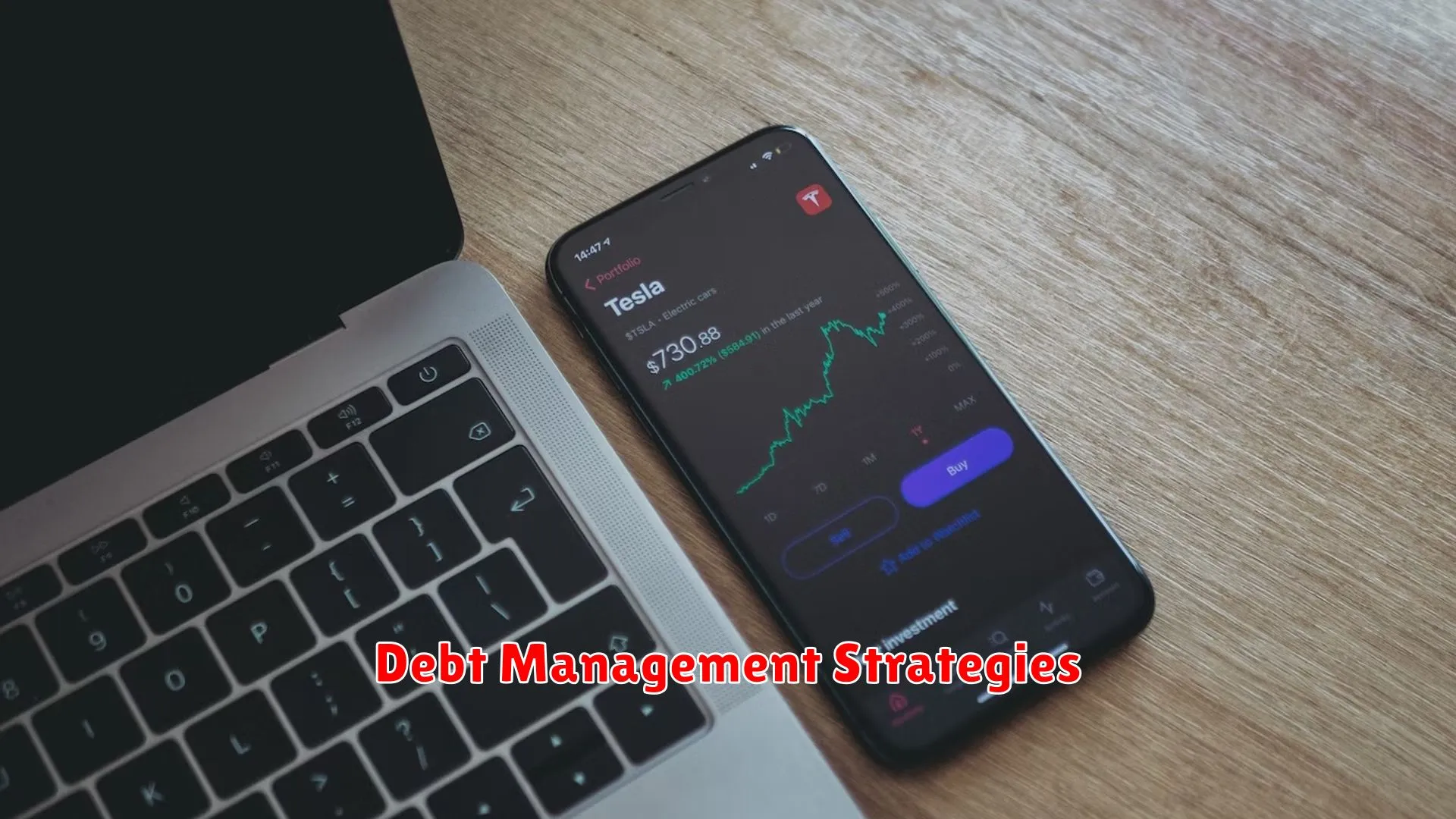Embark on your personal finance journey with our comprehensive beginner’s guide. Learn how to navigate the intricate world of managing money, budgeting effectively, and securing your financial future.
Understanding Personal Finance

Personal finance refers to the management of an individual’s financial resources. It involves making informed decisions about budgeting, saving, investing, and managing debt to achieve financial goals and secure a stable financial future.
Understanding personal finance is crucial for everyone, regardless of their income level or financial background. It empowers individuals to take control of their money, make wise financial choices, and build a strong foundation for their future financial well-being.
One key aspect of personal finance is budgeting. Creating a budget allows individuals to track their income and expenses, identify areas where they can cut back, and prioritize their spending to meet their financial goals.
Moreover, saving and investing are essential components of personal finance. Setting aside a portion of your income for savings and investing in various financial instruments can help you build wealth over time and secure your financial future.
Managing debt is another critical aspect of personal finance. Understanding the implications of taking on debt, such as credit card debt or loans, and developing a strategy to pay it off efficiently can prevent financial stress and build a healthier financial profile.
By understanding personal finance concepts and implementing sound financial practices, individuals can navigate the complex world of personal finance with confidence and work towards achieving their financial goals.
Budgeting Basics

Creating a budget is a fundamental aspect of managing personal finances effectively. It involves tracking your income and expenses to ensure that you are living within your means and working towards your financial goals.
1. Identify Your Income: Start by calculating your total monthly income, including salaries, bonuses, and any other sources of money coming in.
2. Track Your Expenses: Keep a record of all your expenses, from essential costs like rent and groceries to discretionary spending on entertainment and shopping.
3. Differentiate Between Needs and Wants: Understanding the difference between necessities and luxuries will help you prioritize your spending and cut back on non-essential items.
4. Set Financial Goals: Whether it’s building an emergency fund, saving for a big purchase, or paying off debt, establishing clear financial objectives will guide your budgeting decisions.
5. Create a Budget: Use a budgeting tool or spreadsheet to allocate your income towards expenses, savings, and debt repayment. Make adjustments as needed to stay on track.
6. Monitor and Adjust: Regularly review your budget to ensure you are sticking to it. Be flexible to accommodate unexpected expenses or changes in income.
By mastering these budgeting basics, you can take control of your finances and work towards a more secure financial future.
Debt Management Strategies

Managing debt is a crucial aspect of personal finance that can significantly impact an individual’s financial well-being. Here are some effective debt management strategies to help you navigate the complex world of personal finance:
Create a Budget
Start by creating a detailed budget that outlines your income and expenses. This will give you a clear picture of your financial situation and help you identify areas where you can cut back on spending to allocate more towards debt repayment.
Consolidate Debt
If you have multiple debts with high-interest rates, consider consolidating them into a single loan with a lower interest rate. This can make your debt more manageable and reduce the total amount you pay in interest over time.
Set Up Automatic Payments
Automating your debt payments can help ensure that you never miss a payment, which can negatively impact your credit score. Setting up automatic payments can also make managing your debts more convenient and hassle-free.
Prioritize High-Interest Debt
If you have multiple debts, focus on paying off the ones with the highest interest rates first. By tackling high-interest debt aggressively, you can save money on interest payments and make faster progress towards becoming debt-free.
Seek Professional Help
If you’re struggling to manage your debt, don’t hesitate to seek help from a financial advisor or credit counselor. These professionals can provide valuable guidance and help you develop a personalized debt management plan based on your financial situation.
Investing for Beginners

Investing can seem daunting for beginners, but it is a crucial step in securing your financial future. Here are some key points to help you navigate the world of personal finance as a beginner:
Start with Education
Before diving into investing, take the time to educate yourself. Learn the basic concepts of investing, understand the different types of investment options available, and familiarize yourself with the risks and rewards associated with each.
Set Clear Financial Goals
Define your financial goals before making any investment decisions. Whether it’s saving for retirement, buying a house, or funding your child’s education, setting clear objectives will help guide your investment strategy.
Understand Risk Tolerance
Assess your risk tolerance to determine the level of risk you are comfortable with. Investments come with varying degrees of risk, and it’s essential to align your investment choices with your risk tolerance to avoid unnecessary stress.
Start Small
Begin your investing journey with small amounts of money. Consider starting with low-risk investment options such as index funds or mutual funds to get a feel for the market without risking significant amounts of capital.
Diversify Your Portfolio
Diversification is key to reducing risk in your investment portfolio. Spread your investments across different asset classes and industries to minimize the impact of a downturn in any single sector.
Seek Professional Advice
Consider consulting with a financial advisor to get personalized guidance based on your financial situation. A professional can help you create a tailored investment plan that aligns with your goals and risk tolerance.
Monitor Your Investments
Regularly review and monitor your investments to track their performance and make any necessary adjustments. Stay informed about market trends and news that may impact your investment decisions.
Retirement Planning Essentials

Retirement planning is a crucial aspect of personal finance that every individual should prioritize. As you navigate the complex world of personal finance, understanding the essentials of retirement planning is key to securing a comfortable future.
1. Set Clear Goals: Begin by defining your retirement goals. Determine the lifestyle you envision during retirement, estimate your expenses, and factor in considerations such as healthcare costs and inflation.
2. Start Early: One of the most important factors in retirement planning is time. Starting early allows you to take advantage of compounding interest and build a sizeable retirement fund over the long term.
3. Save Regularly: Consistent saving is essential for retirement planning. Set up automatic contributions to retirement accounts such as a 401(k) or IRA to ensure a disciplined approach to saving.
4. Diversify Investments: Diversification helps spread risk and maximize returns. Invest in a mix of assets such as stocks, bonds, and real estate to protect your savings from market volatility.
5. Consider Professional Advice: Consulting a financial advisor can provide personalized guidance tailored to your specific financial situation. An advisor can help you develop a comprehensive retirement plan and adjust it as needed.
By incorporating these retirement planning essentials into your financial strategy, you can navigate the complexities of personal finance with confidence and work towards a secure and fulfilling retirement.
Conclusion
In conclusion, mastering personal finance is essential for financial well-being. By following the basics and seeking guidance when needed, beginners can navigate and thrive in the complex world of personal finance.

